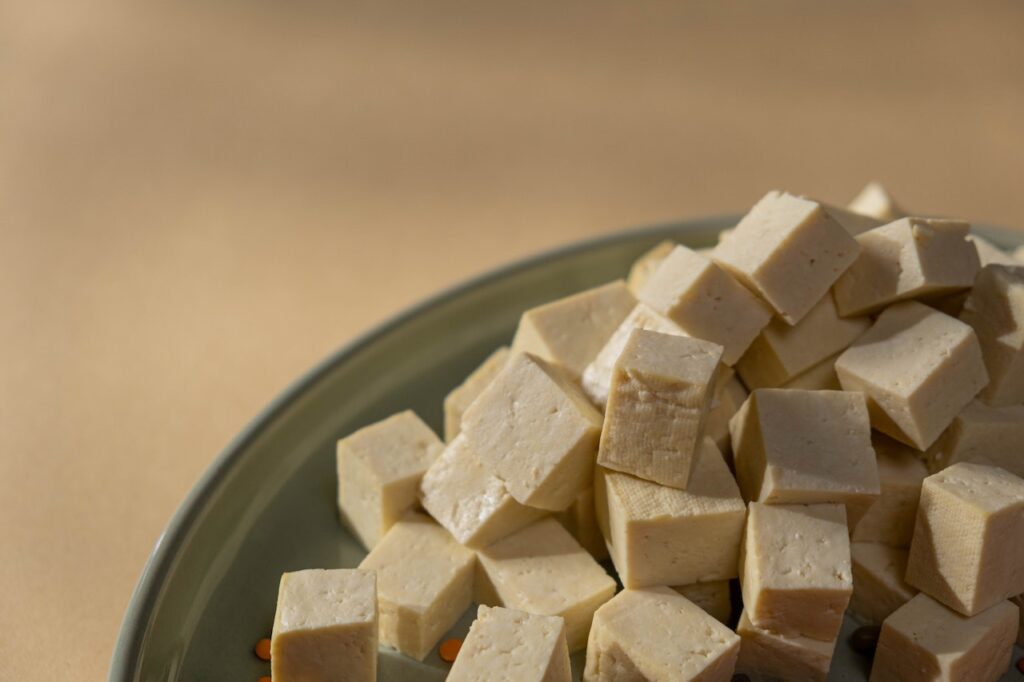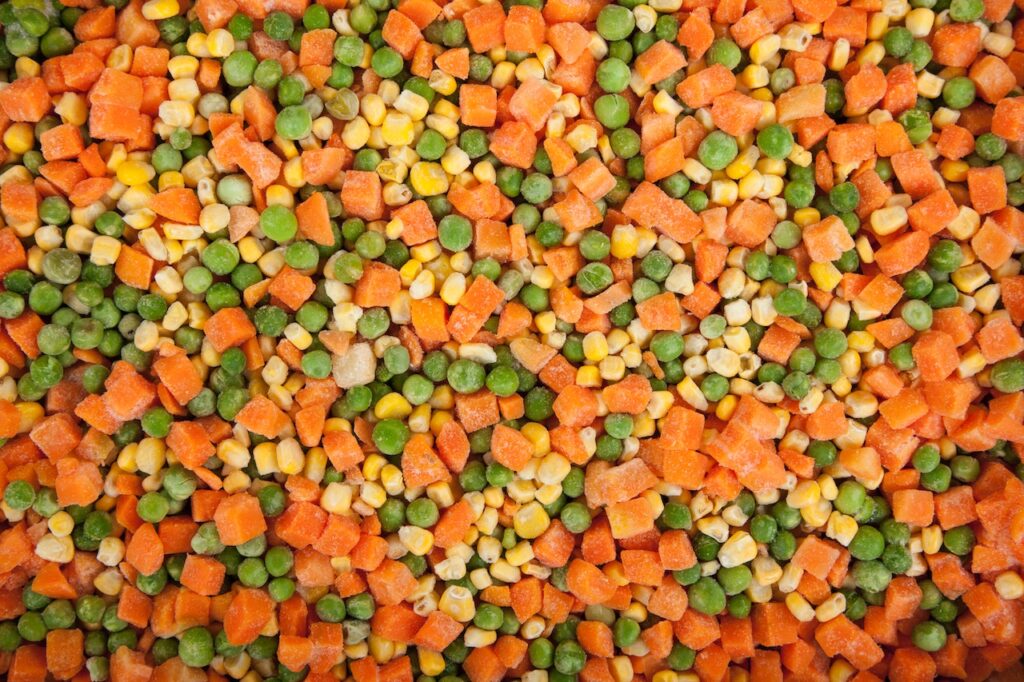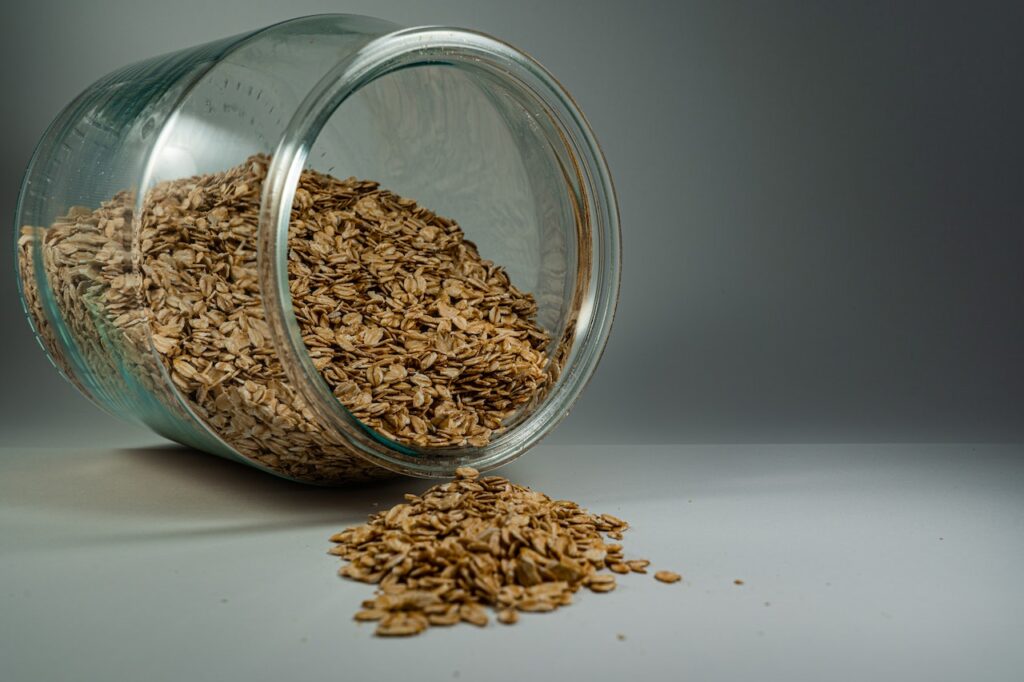16 Affordable Healthy Foods So You Don’t Go Broke
When it comes to eating healthy on a budget, large families and college students alike have plenty of options. With a little bit of planning, there is a number of tasty healthful foods you can eat without spending a lot of money. This includes protein, fiber and grains.
Basic Tips: Food Groceries On A Budget
There are a few things to keep in mind when shopping for healthy food on a budget.
First, try to buy in bulk. This will save you money in the long run.
Second, look for sales and coupons. You can often find healthy foods on sale if you keep your eyes open.
Third, don’t be afraid to try generic brands. They are often just as good as the name brands and much cheaper.
Without further ado, here are 16 healthy foods that anyone can buy on a budget…
Affordable Seasonings, Garnishes & Sauces
1. Dry & Fresh Herbs (with no sodium)

Herbs are a great and affordable way to season your food without adding salt. Try cumin, curry, thyme, paprika, onion powder, or garlic powder. You can also buy herb blends that are already mixed and ready to use. These can be a great way to add flavor to your food without having to measure out each individual herb.
2. Vinegar

Vinegar is versatile and inexpensive, and can be used in salad dressings and other meal preps. Vinegar’s sour taste and strong smell come from acetic acid, which slows down carb digestion and regulates blood sugar levels. Plus, the acetic acid in vinegar has also been shown to lower cholesterol and triglyceride levels.
3. Olive Oil & Other Vegetable Oils

Olive oil and other vegetable oils are a great way to add healthy fats to your diet on a budget. These oils can be used in cooking or added to salads and other dishes for flavor.
If you’re looking to save money on your grocery bill, consider buying olive oil or another type of vegetable oil in bulk. This will help you avoid having to purchase multiple small bottles throughout the year.
4. Canned tomato paste (No/Low Sodium)

Canned tomato paste (with reduced sodium) is a healthy and affordable food option. This type of tomato paste is lower in sodium than regular canned tomato paste, making it a healthier choice for those watching their salt intake. This type of tomato paste is also a good source of lycopene, an antioxidant that has been linked to several health benefits, including reducing the risk of heart disease and cancer.
Affordable & Healthy Protein
5. Canned fish

Canned tuna, salmon, and sardines are all great sources of omega-3 fatty acids and protein. They’re a great way to get more seafood into your diet on a budget. Plus, they generally contain less mercury in canned fish than in fresh fish.
To keep it healthy, make sure to get canned fish that are unflavored to avoid excessive sodium content. There are always easy recipes you can use to flavor them.
6. Beans, peas & lentils

Beans, peas, and lentils are all budget-friendly, healthy foods suitable for vegetarians. They’re high in protein, zinc, iron, and fiber, and low in fat. You can buy them dried, frozen, or canned.
Dried beans are the least expensive option. They do take the longest to cook, though. So if you’re short on time, you might want to choose frozen or canned beans instead.
Frozen beans are a great option if you want something that’s quick and easy to prepare. Just pop them in the microwave or add them to your favorite recipe.
Canned beans are also easy to use. Just be sure to rinse them before cooking to remove any added salt or preservatives.
7. Eggs

Eggs are one of the most affordable and healthy foods you can buy. They are a good source of protein and contain many essential nutrients. Eggs are also low in calories and fat, making them a great food for weight loss or maintenance. You can cook eggs in many different ways, so they make a versatile and convenient addition to any diet.
With some salt and oil, did you know you can make your own homemade mayonnaise with raw eggs?
8. Tofu

Tofu is a versatile food that can be used in a variety of dishes. It is also a cheap and healthy option for those on a budget. Also suitable for vegans and vegetarians, tofu is made from soybeans and is high in protein and low in fat. It is also a good source of iron and calcium. Tofu can be bought at most grocery stores and can be used in place of meat or poultry in many recipes.
9. Whole Chickens and Chicken thighs with skin

Chicken thighs with skin are a great option for those on a budget. They are cheaper than skinless chicken thighs, but the skin can be removed. This makes them a healthier option and still very affordable. Chicken thighs are also a good source of protein and have many health benefits.
If you’re willing to cut and debone your own chicken — and cook for family or roommates — consider buying whole chickens.
Affordable Grain & Fiber on a Budget
10. Lettuce & Cabbage — Whole Head

Whole heads of lettuce or cabbage are an affordable and healthy option for those on a budget. They are a good source of vitamins A, C, and K, as well as fiber and minerals.
Lettuce and cabbage can be used in a variety of dishes, from salads to soups to stir-fries. They are also low in calories and have a high water content, making them a great choice for those trying to lose weight or maintain their weight.
11. Leafy greens

Leafy greens — like kale, collards, and spinach — are an excellent source of vitamins and minerals. They are also an affordable healthy food option for those on a budget. A bunch of kale or collards can cost as little as $2-$3 and will last for several days.
These nutrient-rich greens can be used in a variety of recipes and can be steamed, sautéed, or stir-fried. They can also be eaten raw in salads or added to smoothies. When buying leafy greens, look for ones that are fresh and free from wilted leaves or brown spots.
12. Frozen & canned vegetables without salt

Since frozen and canned vegetables are harvested at their peak of ripeness and frozen or canned immediately after picking, they can be just as nutritious as fresh vegetables. They retain more of their vitamins, minerals, and antioxidants than fresh vegetables that may have been stored for days or weeks before being sold.
When choosing frozen or canned vegetables, look for products without added salt, sugar, or fat.
13. Fresh fruits & produce — in season, on sale, or at farmers’ markets

When it comes to fresh produce, there are certain fruits and vegetables that are in season and budget-friendly. In the spring, asparagus, strawberries, and rhubarb are all affordable options. During the summer, peaches, cherries, and corn can be bought on the cheap. And in the fall, apples, pears, and potatoes are all reasonably priced.
There are also a few ways to save money on fresh produce year-round. One is to buy in bulk when items are in season and then freeze them for later use. Another is to purchase from farmers markets or local farms where prices are often lower than at grocery stores. Finally, growing your own fruits and vegetables is an excellent way to save money while getting access to fresh, healthy food.
14. Store-Brand High-Fiber Cereals

There’s no need to spend a lot of money on cereal to get the health benefits of fiber. The price of generic store-brand cereals like shredded wheat and bran is low, yet they offer high fiber content. Just be sure to check the nutrition label to make sure you’re getting a good deal on calories, fat, and sugar.
15. Oats

Oats are not only healthy, but also affordable. You can find them in the bulk section of most grocery stores and can go as low as $3 a pound. They also last a long time. Opt for whole grain oats that contain all of the grain’s nutrients, including fiber and protein. They also have a high level of antioxidants, which can help protect your cells from damage.
16. Dried whole grains

Whole grains are a great way to add some extra nutrition to your diet without breaking the bank. Brown rice, millet, barley and bulgur are all great options that are relatively affordable. Whole grains are packed with vitamins and minerals that can help boost your immune system and protect your body against disease. They also contain fiber which is essential for digestive health. Adding just a few servings of whole grains to your weekly diet can make a big difference in your overall health.
The Bottom Line: Buy in bulk, in season, on sale, generic brand, canned or frozen
There are plenty of affordable, healthy foods to buy on a budget. Moreover, buying in bulk, opting for generic store brands, or purchasing frozen foods can reduce your food grocery bill.
With a little bit of creativity and effort, you can make meals that are both nutritious and delicious. So what are you waiting for? Get out there and start cooking!
Free 2-Hour Delivery on Food Groceries
Order healthy ingredients and get them fast & fresh via Prime.
Other than Free 2-Hour Food Groceries Delivery…
Enjoy LinkedIn Premium, movies, music & special discounts on textbooks for 6 months – FREE.
Use SNAP EBT…
Pay for groceries on Amazon with SNAP EBT and enjoy free shipping. No Prime membership is needed.











